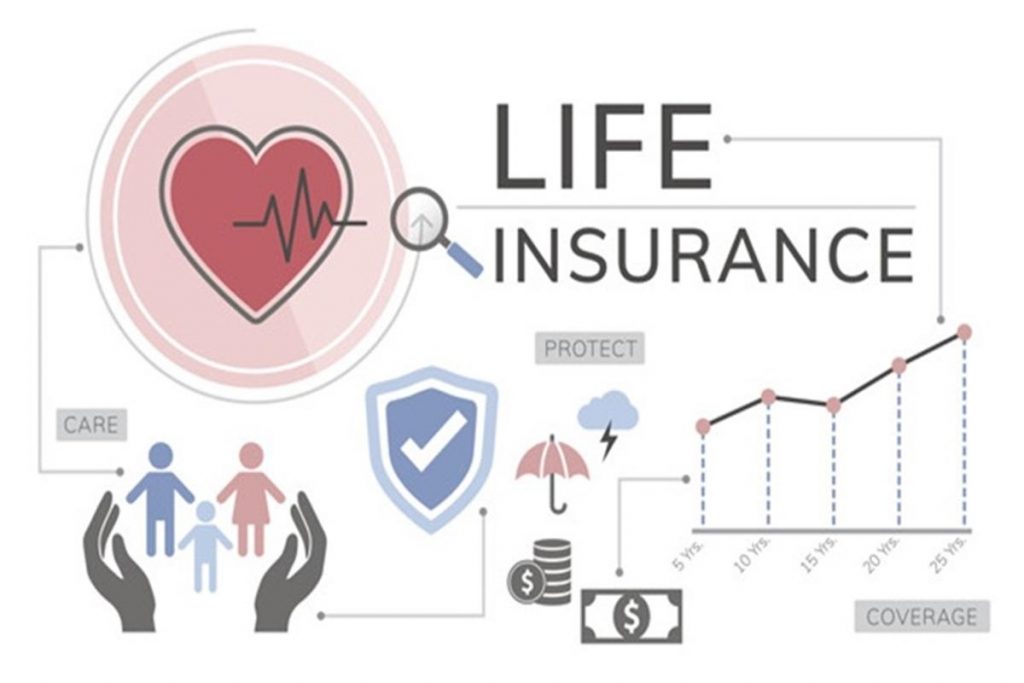How many years of cover will I need?
The length of your cover depends on your circumstances. You need to consider factors like your family set up, personal loans, mortgages, credit cards, and other borrowings that may need to be paid off when the inevitable occurs.
A rule of the thumb could be that if you have say a mortgage that spans more than 20 years, you may want to take out a life insurance policy for 20 years or longer, with the assumption that in case you die during the term, then your policy would at least pay out enough to repay your debts.
If you have dependants, you may decide to take up a policy that covers up to the most likely period when they would become independent. E.g. when your child is most likely to start working.

How much should I cover for?
This is a very important decision that you need to make, as your premium will be based on the value of your policy. You should consider your gross debt profile, i.e. what needs to be repaid when you die.
You should also critically work out a budget that your immediate dependants would need to maintain on an annual basis.
You may also check with your employer if any benefits exist that cover death in service, as your dependants may already be entitled to this. Life insurance is less expensive for younger people than older ones and it may become more expensive as you grow older.
Some providers also offer you the ability to lock in your premium for the length of the term. The older you are when you take up a policy, the more expensive your premium will be.
Typically, what is the cost of a life insurance policy?
There are several factors that determine how much premium you will pay to get the right cover you need. Typically insurance providers consider your level of risk by taking into account, your age, job and occupation, the level of risk you are exposed to at work, health history and status etc.
For example, your premium is lower if you are healthy and active compared to if you had a recent health issue, or suffered from serious illness at any point in time.
Some of these factors vary from one provider to the other, but please be as honest as you can when completing the eligibility questions.
What do I do if my circumstances change?
It is advisable to contact your insurance provider immediately if your circumstances changes at any point in time. For example, if you give up smoking, it may reduce the premium you pay or if you have recently been diagnosed of a terminal illness, you will need to inform your providers in order to ensure your policy is intact.
Your policy may be terminated if the information you provide is inaccurate or misleading and it is your responsibility to communicate any changes per time.
Be truthful and honest with your answers
Provide accurate, honest and clear answers to the questions, and when providers request for additional information, please do provide honest answers.
Your policy may be terminated or invalidated if the information you provide is inaccurate or misleading, and the pay-out may not be effected when you die.

What type should I opt for; Joint or Single life insurance policy?
Joint policy is tailored for couples that want to hold one life policy. The downside however is joint policy only pays out on the death of one party, while the other party is left without life cover.
Joint policy is not necessarily cheaper compared to single policy. You may be better off buying 2 single insurance policies, which comes with more flexibility (different length of cover, different terms, different sum insured) etc.
It in effect means you’ll even get more cover, as when one party dies the other party can still be covered under the single policy.
What are the other types of cover that compliment life insurance?
Critical illness cover: This can be added with a standard life insurance cover that can be helpful in case of critical illness. It provides additional cover that pays out to cover mortgage payments and household bills if you lose your income due to the diagnosis of a critical illness.
Over 50s: This cover can also compliment your standard life insurance policy. It offers smaller pay-outs to cover funeral expenses, burial costs etc. The premium amount you pay is often guaranteed for life. Anyone over the age of 50 is eligible to apply without verifying or checking your medical records.
